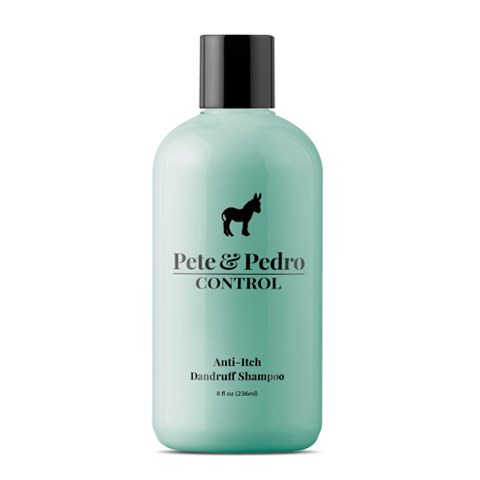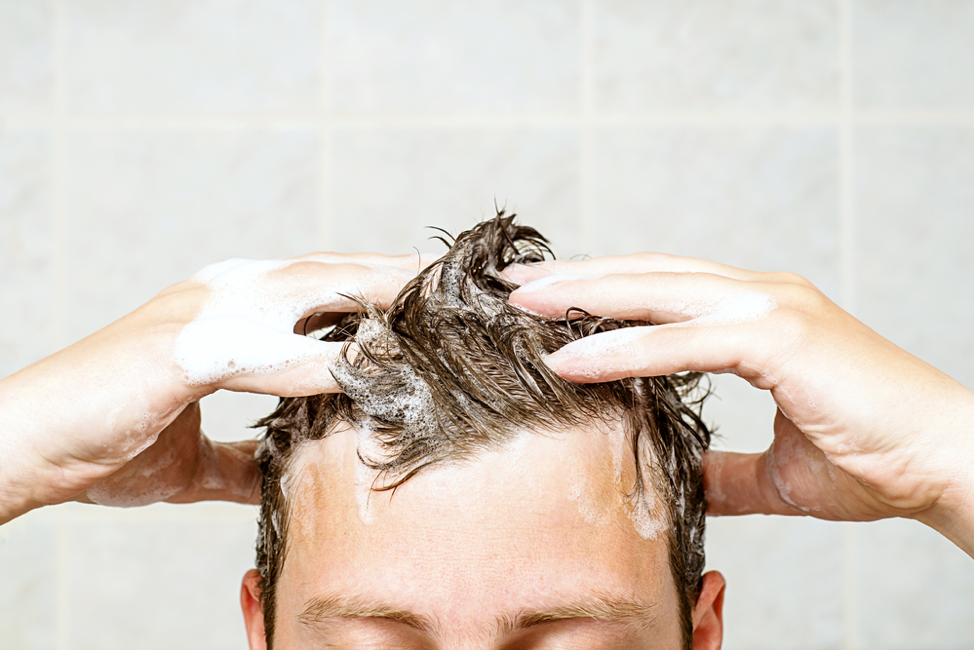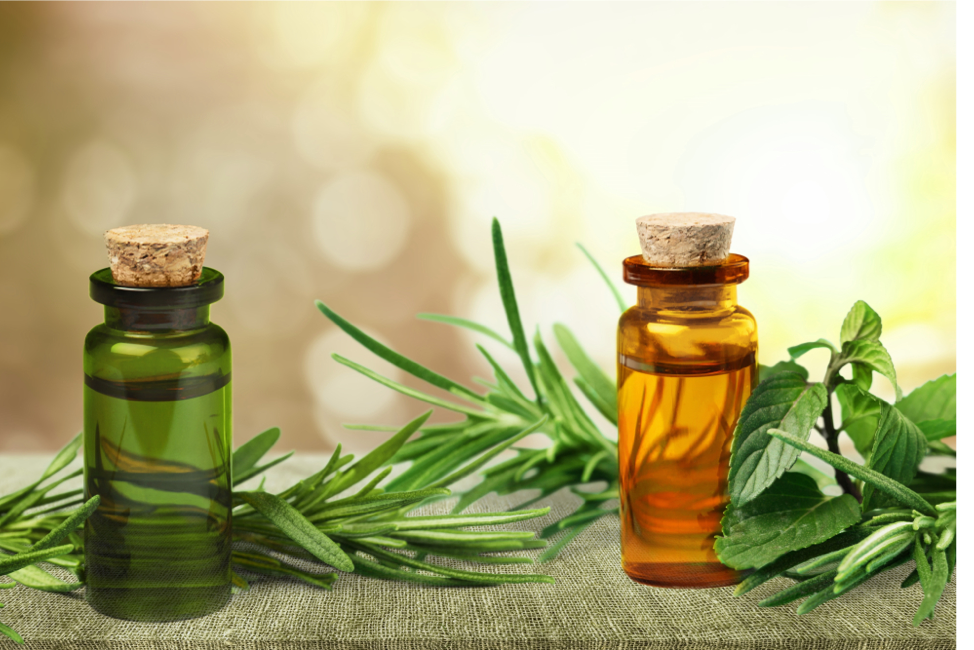Is Tea Tree Oil Good for Your Hair?
In the never-ending quest for perfect hair, it can feel overwhelming to sort out all the different products and, even worse, what they’re made of. One ingredient you often see on the bottles of your favorite products is a natural additive known as tea tree oil. Today, we’re breaking down this amazing little hair hero to see how it can help transform sad, dull hair into hair that’s lively, vibrant and healthy.
What Is Tea Tree Oil?
It probably won’t surprise you to find out that tea tree oil is oil that comes from—you guessed it!—the tea tree. The oil is derived from the leaves of the Melaleuca alternifolia tree, native to Australia, and is used either as an essential oil or diluted and added to other products. (It’s actually best to use tea tree oil in a pre-diluted product because the pure oil can be too harsh on the skin and hair.)
What Does it Do?
Because it has natural antibacterial and antifungal effects, the primary uses for tea tree oil are medicinal. It has been proven effective at treating a wide range of conditions, including acne, dandruff, athlete’s foot, lice, and others. It’s well-known for providing soothing relief gently, so it’s a good alternative to harsh products that could irritate the skin. However, when used alone on the skin or hair, this stuff can have a drying effect, so it’s best to use it within products that restore hydration levels.
Is it Good for Hair?
Yup! As we’ve already covered, the oil is routinely used in dandruff control products, but that’s not the only thing it’s good for. Its natural healing properties make it a pretty solid option for adding to your daily hair care regimen. It can even help you beat chronic oiliness. (Oil to treat oil? We know you’re skeptical, but it’s true!) Here are the primary uses for tea tree oil in hair.

1. For Treating Dandruff—Dealing with stubborn scalp flakes? Tea tree oil is definitely a good option when looking for a dandruff shampoo treatment. And this isn’t your standard essential-oil-related quackery. There have been actual scientific studies proving that tea tree oil can clear up dandruff while also leaving the scalp less greasy and itchy. The ingredient can help dry the scalp and kill bacteria, making it a less hospitable environment for the yeast-like fungus that grows on the scalp and causes dandruff.
2. For Treating Oily Hair—Greasy hair is the worst, especially when you wash constantly and your hair seems to still always look dirty and gross. But if you wash with a tea tree oil shampoo, your hair is less likely to continually return to its over-oiled state. In fact, the reason why it’s so often recommended for treating funguses and acne is that it has the unique ability to draw out moisture. Just make sure to pair it with other ingredients that seal in moisture as well as a hydrating conditioner.
3. For Making Hair Smell Fresh—Another reason why this incredible oil is often added to hair care products is that it’s a powerful antiseptic and serves as a natural deodorant, helping to rid the scalp and strands of any bacteria that could cause it to smell. The oil itself has a mild but refreshing aroma, which makes it a pleasant addition to many hair and skin products.

Why Tea Tree Oil Is a Hair Hero
Coupled with the fact that it can do all of the above, tea tree oil is a hair care heavy-lifter for the simple fact that it’s a gentle, natural alternative to harsh chemicals that often ruin otherwise-fine products. To see how this stuff can revolutionize your hair first-hand, grab a Clean and Condition Combo Pack featuring our amazing tea tree oil shampoo plus the creamy conditioner that helps it work at its best.
You Might Also Want To Check Out:
Why You Need To Use Argan Oil Asap
← Older Post Newer Post →














